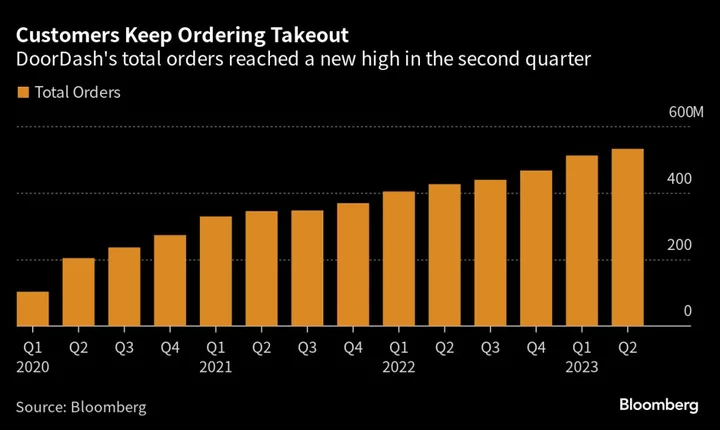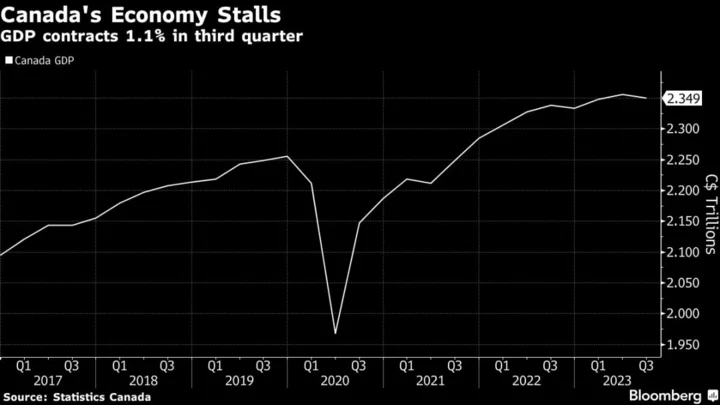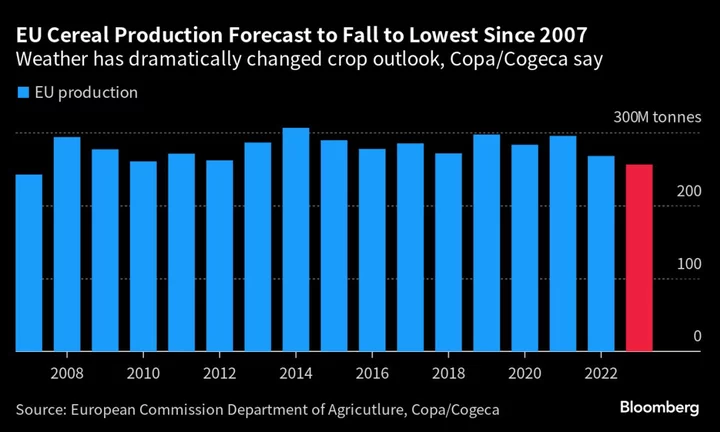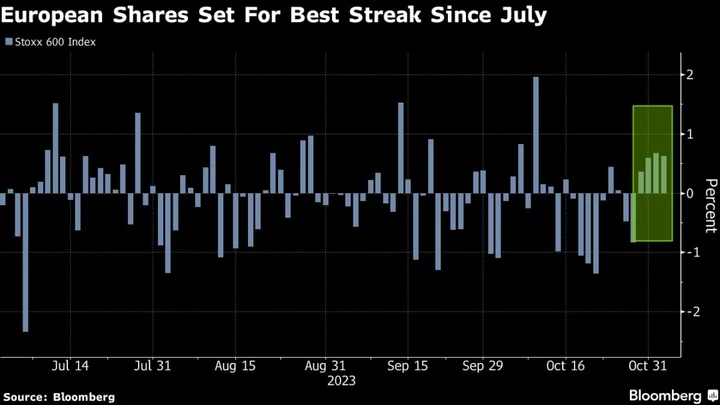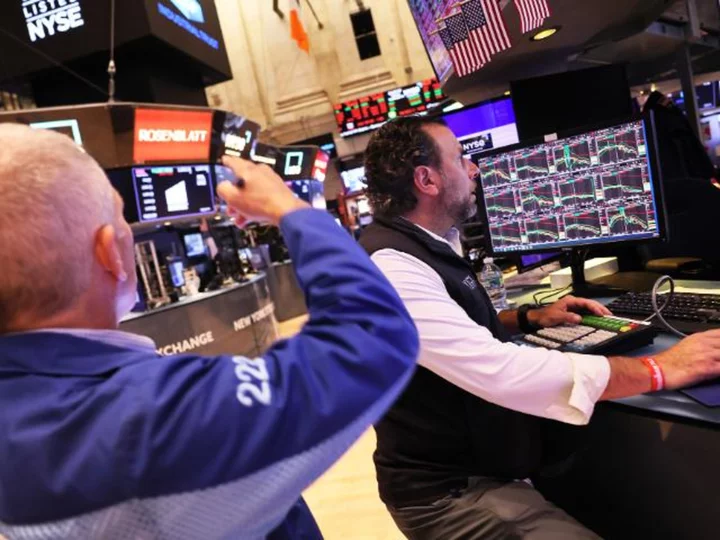Asian markets fell broadly Wednesday after ratings agency Fitch downgraded its US debt credit rating from the highest level, citing "a steady deterioration in standards of governance."
Hong Kong's Hang Seng Index and Japan's benchmark Nikkei 225 both tumbled 2%, leading losses in the region. Tech and financial stocks were down sharply.
Japan's broader Topix index dropped 1.1%.
South Korea's Kospi shed 1.4%, Australia's S&P/ASX 200 fell 0.9% and China's Shanghai Composite Index was down 0.8%.
Asian markets may "tread cautiously" as investors turn wary of foreign holders selling their US Treasuries, said Stephen Innes, managing partner of SPI Asset Management.
The selling of US Treasuries could lead to a further increase in US Treasuries yields, which typically caps stock market rallies, he added.
Just hours before, Fitch Ratings had cut the credit rating of US debt from the top AAA level to AA+.
"The rating downgrade of the United States reflects the expected fiscal deterioration over the next three years, a high and growing general government debt burden, and the erosion of governance relative to 'AA' and 'AAA' rated peers over the last two decades that has manifested in repeated debt limit standoffs and last-minute resolutions," the rating agency said in a Wednesday statement.
Fitch expects America's general government deficit to rise to 6.3% of GDP in 2023, from 3.7% in 2022.
China and Japan are the largest foreign investors in American government debt. Together they own $2 trillion, which is more than a quarter of the $7.6 trillion in US Treasury securities held by foreign countries.
Nonetheless, Goldman Sachs analysts said on Wednesday that they don't believe there are any meaningful holders of Treasury securities who will be forced to sell due to a downgrade.
"S&P downgraded the sovereign rating in 2011 and while it had a meaningfully negative impact on sentiment, there was no apparent forced selling at that time," they said in a research note.
"Because Treasury securities are such an important asset class, most investment mandates and regulatory regimes refer to them specifically, rather than AAA-rated government debt," the Goldman Sachs analysts said.


